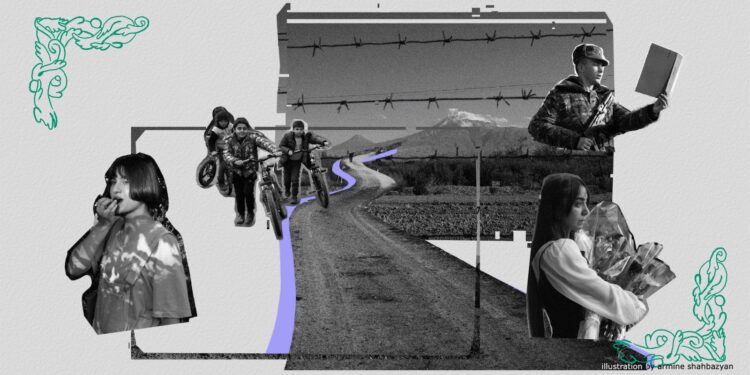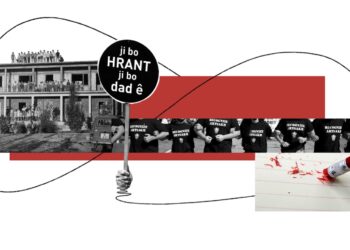Raw & Unfiltered
Bridging the Scholarship Gap: Armenian Society of Fellows
Following the 2020 Artsakh War, the diaspora’s engagement generated innovative solutions and more notably, a sense of urgency. The Armenian Society of Fellows, a network of experts and scholars from the Armenian Diaspora and Armenia, is one of those initiatives.
Environment and Energy Through the Public’s Eye
Improvements in low-carbon technologies, driven in part by foreign energy policy, have created new opportunities for Armenia, a country without fossil fuel reserves, aligning environmental concerns and the pursuit of higher energy security more than ever before.
The Mediterranean World and Armenia’s Relation to It
Being at the crossroads between East and West, Armenia has thrived only when these two forces were at an equilibrium and neither was strong enough to exert disproportionate influence on its domestic affairs. But what about its connection to Mediterranean civilizations?
The Artsakh War and the Solitude of Armenian Youth in Turkey
Since the 2020 Artsakh War, during which Turkey provided military and political support to Azerbaijan, Armenians in Turkey have felt increasingly isolated. How do young Armenians in Turkey feel about the use of genocidal language by ultra-nationalist groups in the country and not only?
The Difficult Road Home
Children who were separated from their families because of Azerbaijan’s blockade of the Lachin Corridor, were finally able to return home to Artsakh after 47 days. They shared their thoughts before their long-awaited reunion.
Improving the Quality of Life for Wounded Veterans
A number of non-governmental organizations were set up during and after the 2020 Artsakh War providing veterans with medical treatment, rehabilitation services, housing and other basic needs, playing a crucial role in improving the quality of life for wounded veterans.
Menopause: Nothing to Be “Ashamed Of”
While menopause is generally a taboo subject and not something openly discussed in Armenian society, in recent years, the situation seems to be changing. Gohar Abrahamyan speaks to healthcare professionals and women who are going through this change in their lives.
Nuclear Emergency Preparedness: What Is Armenia Doing?
If an accident were ever to happen at the Metsamor Nuclear Power Plant, how prepared are authorities and relevant state bodies in Armenia to respond to such a disaster? Hranoush Dermoyan explains.
School Bullying: When You Know No One Is Going to Help You
Bullying in schools is ignored in Armenia. A lack of awareness and the absence of hard data only compound the problem. Today, however, more and more people are speaking up about the issue.
Greenhouses: Easy to Buy, Difficult to Manage
Although some regions of Armenia have the necessary conditions for greenhouse farming, few dare to invest in them. Anahit Harutyunyan looks at the risks and challenges.












